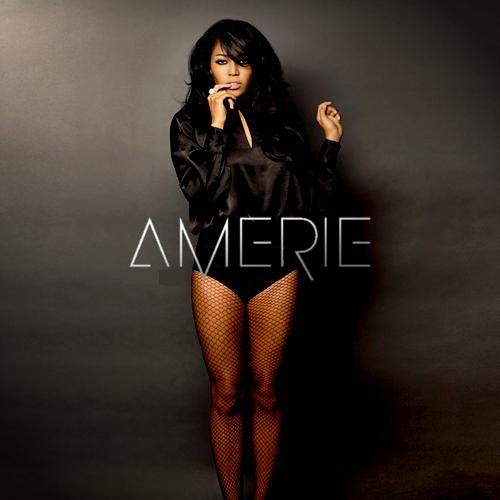
Schuur does include several tunes with authentic Latin roots - Sergio Mendes’ bossa nova “Look Around,” Ivan Lins’ wistful “Confession” with new lyrics written for Schuur, and a Mexican ballad, “Yellow Days,” that ends the session on a mellow note.īut what Schuur mostly sets out to do here - and she largely succeeds - is re-imagining non-Latin tunes in sync with her CJP bandmates. Schuur pulls out all the stops and showcases her soaring multi-octave vocal range on Cole Porter’s “So In Love,” with hot solos from trumpeter Diego Urcola and Samuels while showing a softer and more restrained side on the yearning “More Than You Know,” a tune made popular by Frank Sinatra. The CJP’s Latin rhythms spice up Schuur’s repertoire of older and newer standards, including “Lover Come Back To Me,” done as an uptempo ballad driven by some fiery percussion James Taylor’s “Don’t Let Me Be Lonely Tonight” and Duran Duran’s “Ordinary World” and Stevie Wonder’s “As,” both of which feature Schuur multi-tracking her voice to provide her own background vocals. With a major assist from Brazilian guitarist Oscar Castro-Neves, who produced and arranged the CD as well as provided accompaniment on several tracks, Schuur has come up with a different twist here, creating a Latin-tinged album that mostly features tunes not associated with Latin music. Jake Coyleĭiane Schuur featuring Caribbean Jazz Project, “Schuur Fire”Diane Schuur is a passionate, inventive jazz vocalist who isn’t content to settle for the sure thing - and these qualities come to the fore on this collaboration with vibes-marimba player Dave Samuels’ Caribbean Jazz Project. It’s a fitting reminder to appreciate the few unique voices we have. “When desperate static beats the silence up / a quiet truth to calm you down / the songs you wrote / Got me through a lot / Just wanna tell you that.” Folds and Smith toured together in 1998, and on “Late,” he sings of regret of not earlier voicing his admiration: The disc’s most touching tune, however, is “Late,” a dedication to the singer-songwriter Elliot Smith, who died in October 2003. And we are again reminded why we started listening - and why we’ll keep on doing so. The entire album, on which Amerie co-wrote several songs and serves as executive producer, is solid, seamless party - until Amerie unwisely decides to slow things down, like on the so-so “Can We Go” with Carl Thomas and the unremarkable “Falling.” But just when we start to lose our interest, she brings us back to the fold with another version of “1 Thing,” a remix with Eve. On “Touch,” Amerie smartly takes a cue from today’s other R&B songtresses (Ciara, Nivea, Brooke Valentine) and taps crunk czar Lil’ Jon for a great club track that could be the dance anthem of the summer (in fact, it sounds suspiciously like LAST YEAR’s dance anthem, which Lil Jon also created - Usher’s “Yeah” - right down to the synth hooks).

The album’s title track is another winner. “Rolling Down My Face” is a great midtempo song with an intoxicating Roy Ayers sample that sets it off perfectly.


But it perfectly meshes with Amerie’s layered “ooohs” and soaring vocal climaxes to allow both the beat and her voice to shine.

The album’s first single, the smash “1 Thing,” has an infectious funky hook that almost forces you on the dance floor - and Amerie could have easily been an afterthought on her own song. Her sophomore effort, “Touch,” has just the right musical one: at its core are solid rump-shakers that perfectly complement Amerie’s sweet but occasionally thin voice. But more than enhancing her sex appeal, Amerie has smartly revved up her groove appeal, making her more than just a pretty starlet with a semblance of a voice. She’s dropped the girl-next-door look for a sleek, glamorous image a la that other one-named sensation, Beyonce. Now Amerie has developed into an artist who can certainly keep our ears open and our eyes peeled.


 0 kommentar(er)
0 kommentar(er)
